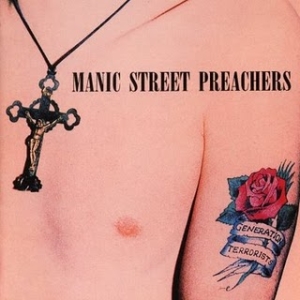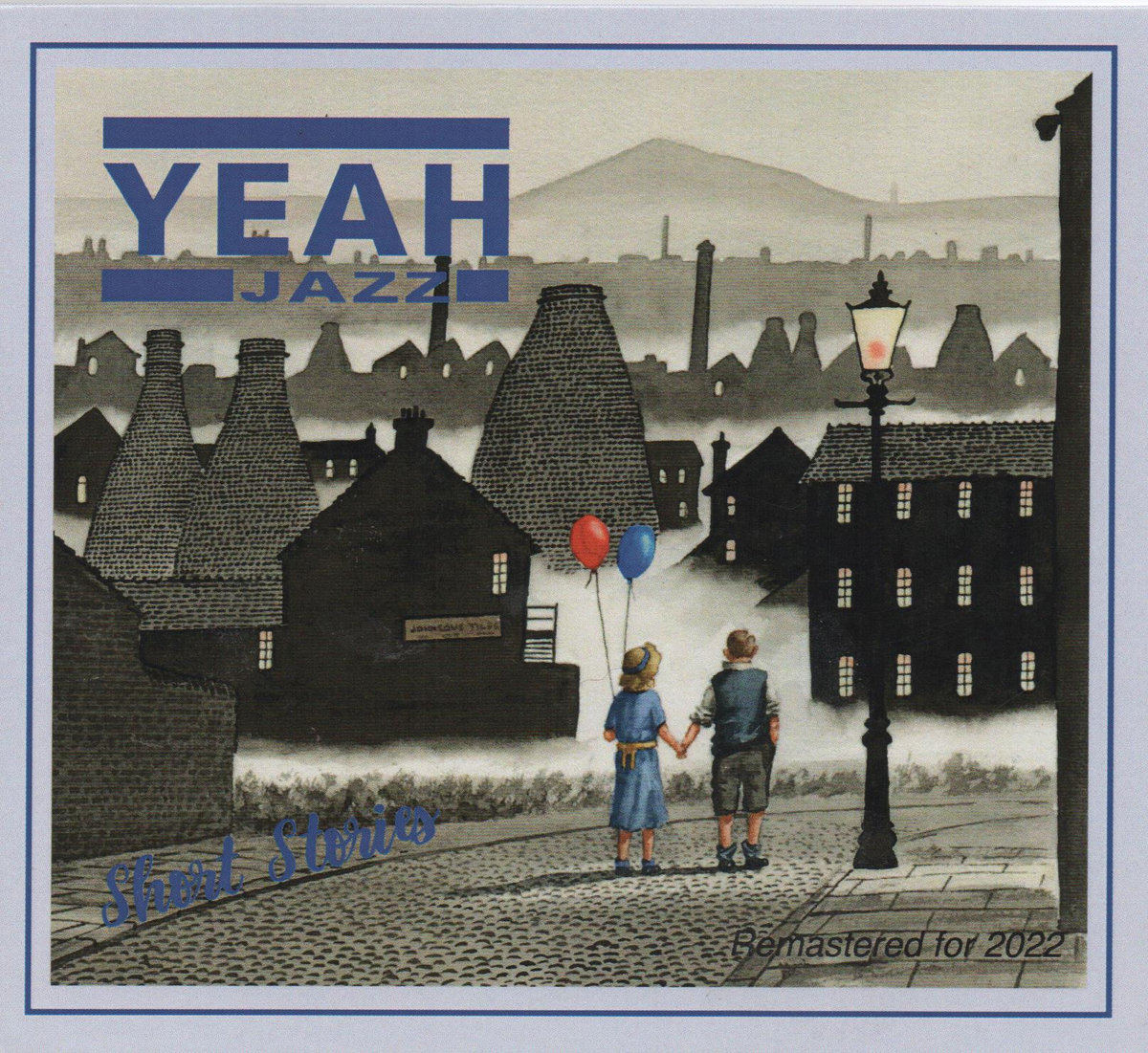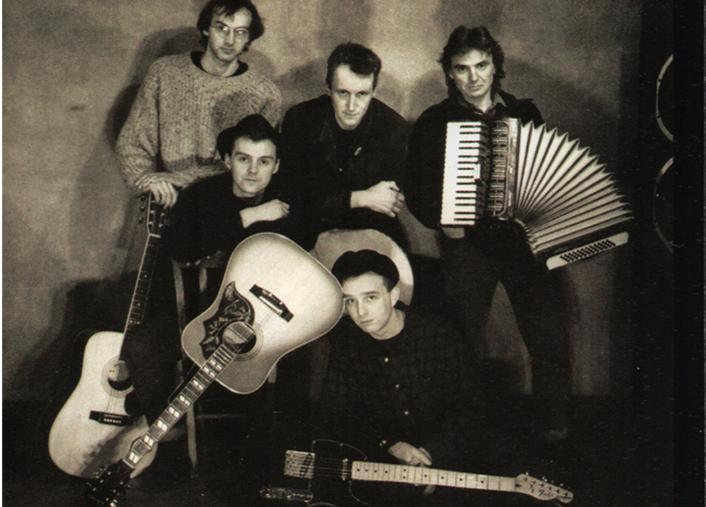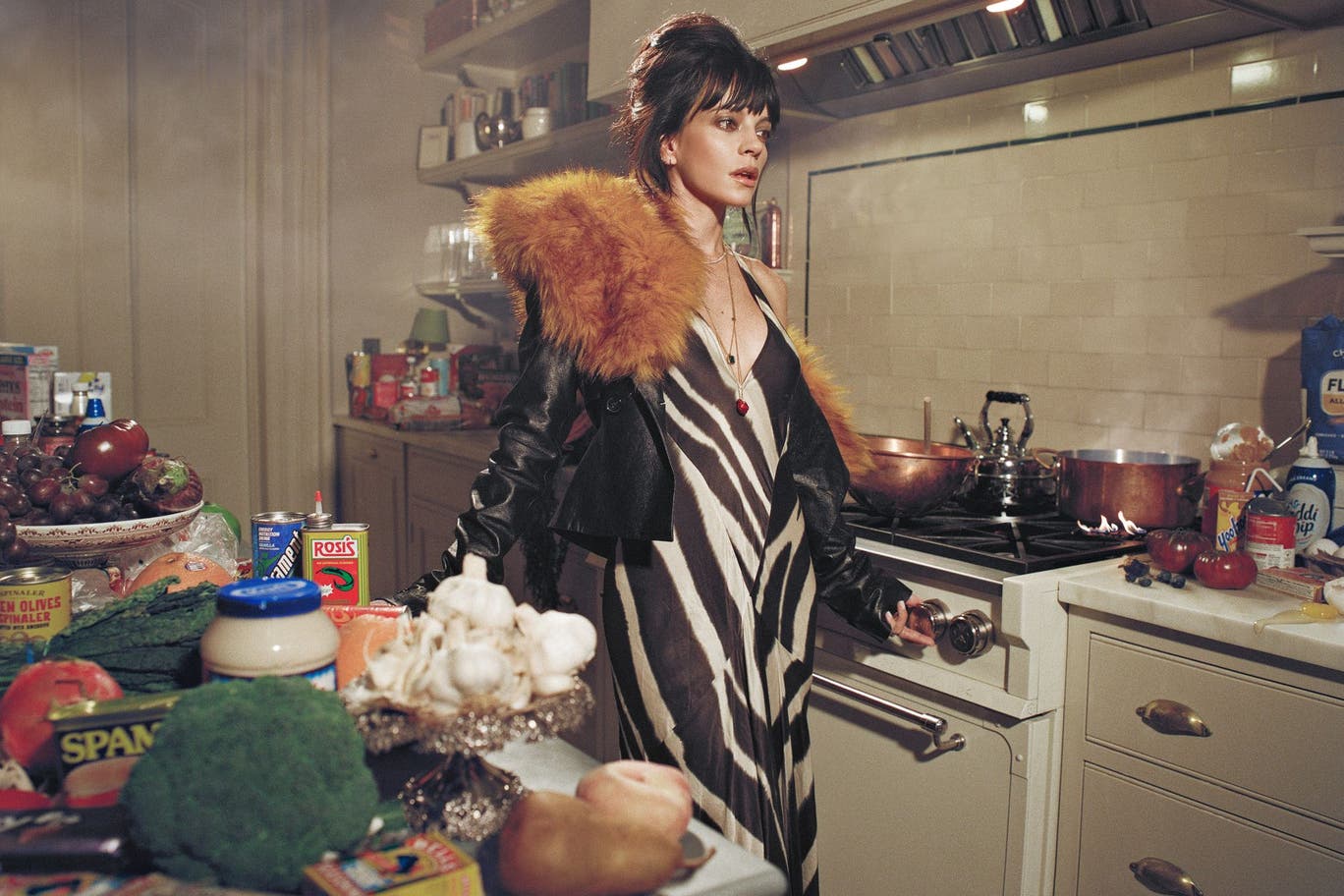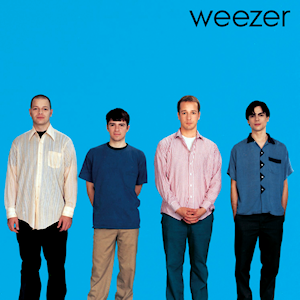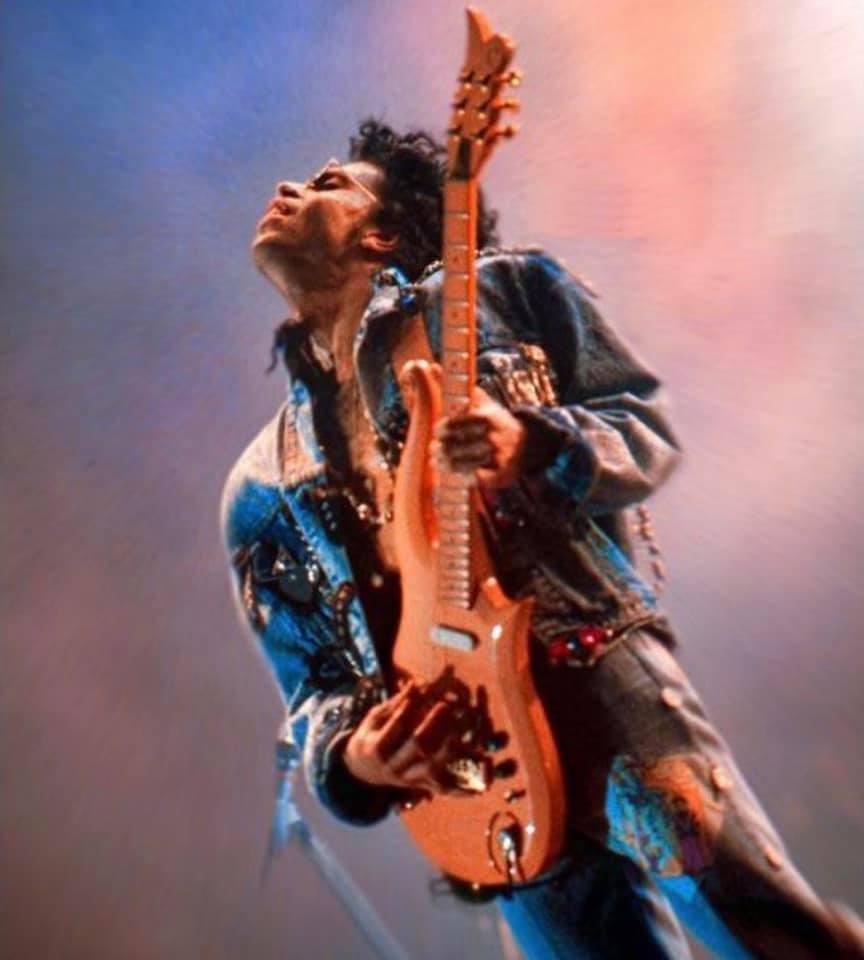My introduction to Prince was through
Sign 'O' The Times. Not the album I'm reviewing though - the
concert film of the same name, featuring many of the album's songs performed, for want of a better word, live. Weaving a poorly-conceived and even-worse-acted narrative into the setlist, performed on a smoky, late-night city slum set, Prince somehow accomplished the impossible, using these corny and extremely dating elements to only amplify the quality of the music, to a point where the amateurish skit segues barely register as a drop in the ocean. And what music it was! It was my first exposure to music that defied the boundaries of genre, simultaneously moody and funky, distortion guitar and slap bass intertwined, that managed to fuse such contrasting elements as nihilistic philosophy and sleazy erotica. Why was there a scantily clad hyperactive drummer performing a 2 minute percussion solo like some sexy female Animal from the Muppets? Why was the saxophonist wearing a hooded cloak and clutching his tenor sax like he was the grim reaper brandishing a scythe? Why was there a giant heart-shaped platform that tilted gradually backwards from a vertical until it formed a horizontal trashy love-hotel bed? Turns out, ecstasy. But also, it was a vision, one that left me immersed and invested and in awe of what music could be. It was an awakening.
The fact of the matter is, if I was reviewing the songs as I heard them 'live', there would be a sea of blue ahead in my rankings, and you'd be looking at, indisputably, my favourite album of all time. But the 1987 double album
Sign 'O' The Times is a different beast entirely, effectively an amalgamation of several years' worth of songs, all originally intended for a plethora of unrelated shelved projects, and thrown into an odd kind of compilation. One that has a theme, but lacks the clarity of a smaller concept album, or the full scope of of a grander and more extensive compendium.
The real disappointment, the thing that makes this album come across like seeing the real Wizard of Oz after the curtain of the concert film is pulled back, is the quality, or lack-thereof, of the songs themselves. They sound like demos. There's no better way to put it. They sound tinny, feeble, stark, bland and incomplete. It brings to mind a vision of Prince spending hours isolated in a tiny studio, like a self-imposed asylum, frantically trying to play every instrument in turn over the robotic monotony of the Linn drum machine (my true nemesis for this record), scrambling so hard to contain every idea that he ends up missing the vision he started with. Timbre, richness and balance remain largely unconsidered, to the point where it sounds like Prince forgot he could re-record something instead of force it into a box in which it doesn't belong. These tracks are mere shells of what they would later become, when granted the treatment of a live band, the input of other performers and the consideration to become something more than a slapdash effort at turning a creative mess into an actual release.
It is crazy to me that Prince could look over the eventual double album and think 'yes, this is ready for release'. It may have been the drugs, but I have a theory that he heard his production efforts entirely differently in the 80s, his ears filtering them before the information reached his brain, and making him think he'd produced something akin in sound to what his live concerts yielded, but on his own in a studio. Imagine an artist painting a landscape, and getting so close to the canvas and caught up in details that he forgets to stand back and neglects to see none of the colours match and there's no sky painted in.
SOTT is that painting, but in music. And again, just a theory, but I reckon he was so untouchable to those around him, touted as such a genius, that no-one dared tell him that his music production was anything less than immaculate.
Whatever the reason, ranking these songs is hard. Harder than usual, when you're torn between judging what might have been, based on what they would become in a different setting, and what they are in situ. Do I purely evaluate the core skeleton of the song, the lyrics and tune and chords that remain unchanged? Or do I zoom in on the anaemic sound quality and overarching limpness that let the record down? Doing this would undoubtedly allow some fundamentally weaker tracks to rise up the ranks, just because they have a marginally more soulful delivery, compared to real gems that are coated in the grime of poor manifestation. Ultimately, I have had to take it all in, and go with my viscera - not my head or my heart, but what my gut tells me is right.
- U Got The Look
- If I Was Your Girlfriend
- I Could Never Take The Place Of Your Man
- Strange Relationship
- The Ballad Of Dorothy Parker
- Sign O The Times
- Housequake
- Forever In My Life
- Slow Love
- It's Gonna Be A Beautiful Night
- Play In The Sunshine
- Starfish And Coffee
- The Cross
- Hot Thing
- Adore
- It
Total Points: 50/80
Average Score: 6.25
Straight off the bat, its clear that what my gut tells me is that
I Could Never Take The Place Of Your Man, the absolute standout from the concert film, though vastly diminished by basically being no better in quality that its original 1979 demo, ultimately maintains its prestige in my eyes, just by being a really good song. However, almost everything else remains a weak, pale husk of the sumptuous, decadent events they become in the film.
Slow Love in particular is so transformed with Prince's hyper-sexualised performance and dizzying arrangement - especially Eric Leeds' dazzling sax cascades (saxcades?) - that it's only when you listen to the comparably banal studio recording that you realise how vanilla it is - structurally, lyrically and sonically, it is a rather empty affair.
Only two tracks are unmarred by a superior 'live' performance (yes, I'm aware I'm skirting around the legitimacy of the concert recordings, but I have far more pressing points to make first) - one of which breaks form and is actually the studio recording, with it's actual promotional music video slotted into the middle of the film.
U Got The Look is the only track that retains the amplitude present in
Purple Rain era of production (the last full Prince album of truly decent sound quality until the 90s) and its bombastic, plosive beats are much more evocative of what Sheila E did on tour than what the Linn drum machine usually recited. This vivacity sticks out like a sore thumb, thriving in a sea of songs that are, by comparison, on production life support. The other high-scorer,
If I Was Ur Girlfriend, has the privilege of being distinct from its concert counterpart but not necessarily worse - what comes across as sterile production on other album tracks here serves as a beneficial degree of restraint. There's even a moment, at the climax at the song, where the drum machine is all that's playing, like it's been left on and Prince has just caught himself in the midst of delivering his 'psychosexual monologue' - and a truly apt feeling of unsettling introspection and isolation prevails.
Regrettably, most other tracks are simply tainted by the knowledge that they are so far from their full potential.
Housequake, for example, is about as funky a jam as Prince can crank out. The studio version is serviceable (thanks to being one of the few tracks to feature collaborative musicians!) but it doesn't make me want to get up and dance and be alive. It leaves me feeling just fine sat here. Same for the title track - it's all the right notes in the right order, but does it have the soul to make me want to bang along with the 'drum' tattoo at the end? Absolutely not.
A couple of higher scorers are songs that don't have the same core issue the rest do, from not being featured in the setlist for the film.
Strange Relationship has a thumping, driven beat and croaky, deep bassline that encroaches on the kind of oomph
U Got The Look achieves, combining with a tidy, balanced verse melody for a real sense of resolution. And
The Ballad Of Dorothy Parker, while still feeling quite bare, invokes a fittingly understated ambience and is, at least, a decently interesting story to listen to.
At the other end of the spectrum,
Adore is utterly boring. Saccharine in all the wrong places, lazy in the lines that need the most attention, obtuse organ cheesing up the place, muted trumpet stabs turning it into a pompous jazz parody, and loose, howling vocals having little-to-no regard for the actual song being performed. The only thing that saves this slog of a closer from dead last place and even, miraculously, from a red rating, is the abomination that is the song
It. Orchestra hits are an acquired taste at the best of times, but never have they been used so offensively - dare I say even recklessly, over the most repetitive and bitch-basic synth pattern that a preschooler could master and, you've guessed it, our old friend Linn. Prince sometimes prefers to screech out his vocals as opposed to sing them, and he picked the absolute worst track to use this technique to create discordant 'harmonies' over. This song is unlistenable. It's even a low point in the film, the lyrics inexplicably attached to the end of a lovely acoustic rendition of
Forever In My Life and tripling the length of the song with no real pay-off - but at least they're sung and not screamed.
